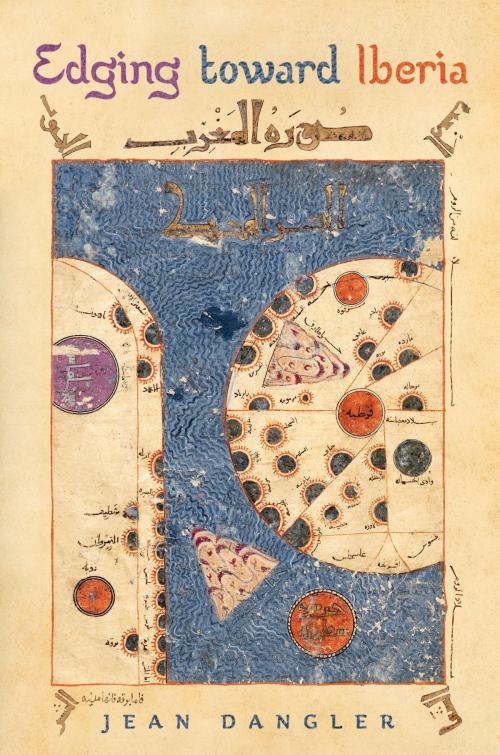Edging Toward Iberia
Fiction & Literature, Literary Theory & Criticism, European, Spanish & Portuguese, Medieval, Nonfiction, History, Spain & Portugal| Author: | Jean Dangler | ISBN: | 9781487512767 |
| Publisher: | University of Toronto Press, Scholarly Publishing Division | Publication: | June 30, 2017 |
| Imprint: | Language: | English |
| Author: | Jean Dangler |
| ISBN: | 9781487512767 |
| Publisher: | University of Toronto Press, Scholarly Publishing Division |
| Publication: | June 30, 2017 |
| Imprint: | |
| Language: | English |
Nonmodern Iberia was a fluid space of shifting political kingdoms and culturally diverse communities. Scholars have long used a series of obsolete investigative frameworks such as the Reconquista, along with modern ideas of nation-states, periodization, and geography that are inadequate to the study of Iberia’s complex heterogeneity.
In Edging Toward Iberia Jean Dangler argues that new tools and frameworks for research are needed. She proposes a combination of network theory by Manuel Castells and World-Systems Analysis as devised by Immanuel Wallerstein to show how network and system principles can be employed to conceptualize and analyze nonmodern Iberia in more comprehensive ways. Network principles are applied to the well-known themes of medieval trade and travel, along with the socioeconomic conditions of feudalism, slavery, and poverty to demonstrate how questions of power and temporal-historical change may be addressed through system tenets. Edging Toward Iberia challenges current historical and literary research methods and brings a fresh perspective on the examination of politics, identity, and culture.
Nonmodern Iberia was a fluid space of shifting political kingdoms and culturally diverse communities. Scholars have long used a series of obsolete investigative frameworks such as the Reconquista, along with modern ideas of nation-states, periodization, and geography that are inadequate to the study of Iberia’s complex heterogeneity.
In Edging Toward Iberia Jean Dangler argues that new tools and frameworks for research are needed. She proposes a combination of network theory by Manuel Castells and World-Systems Analysis as devised by Immanuel Wallerstein to show how network and system principles can be employed to conceptualize and analyze nonmodern Iberia in more comprehensive ways. Network principles are applied to the well-known themes of medieval trade and travel, along with the socioeconomic conditions of feudalism, slavery, and poverty to demonstrate how questions of power and temporal-historical change may be addressed through system tenets. Edging Toward Iberia challenges current historical and literary research methods and brings a fresh perspective on the examination of politics, identity, and culture.















